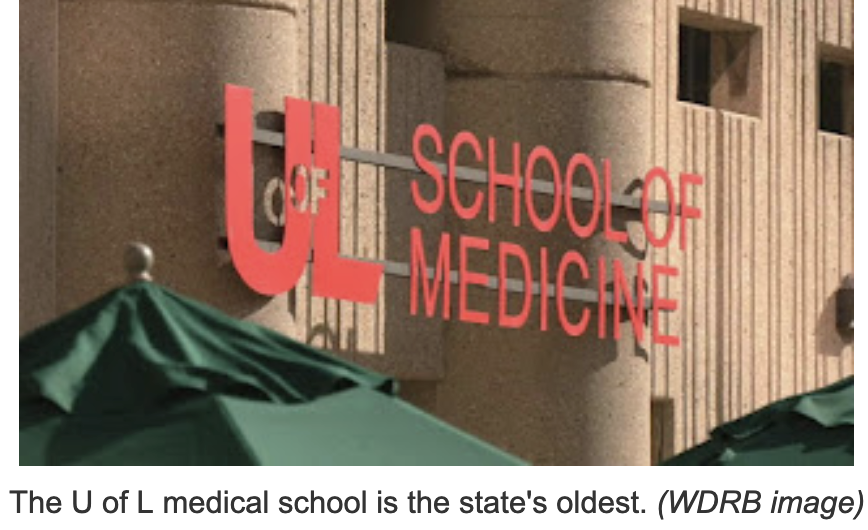U of L gets grant to expand doctor training for under-served areas

The goal of the four-year grant is to encourage young doctors with those specialties to consider practicing in under-served communities, which most Kentucky communities are.
“We know that students who train in these rural locations are more likely to practice there, and our hope is that by strengthening these programs, we’ll be able to immerse students in these communities and increase the number of primary care physicians in underserved regions across the commonwealth,” Kelli Bullard Dunn, vice dean of community engagement and diversity for the U of L School of Medicine, said at Monday’s announcement.
“We have such a need in Kentucky and all over,” said Faye Jones, associate vice president for health affairs and diversity initiatives at the UofL Health Sciences Center.
The grant will expand U of L’s path for students to help under-served areas. The medical school will create a new program to train medical students in west Louisville and other urban communities.
“According to the school, of the 170 physicians who have graduated from the Trover Rural Track so far, 75% practice primary care and 43% practice in rural communities,” WDRB reports.
“The project also plans to enhance a university program that prepares individuals with a bachelor’s degree in a different field to enter medical school. In addition, the grant will also help provide scholarships to support students in these programs.”